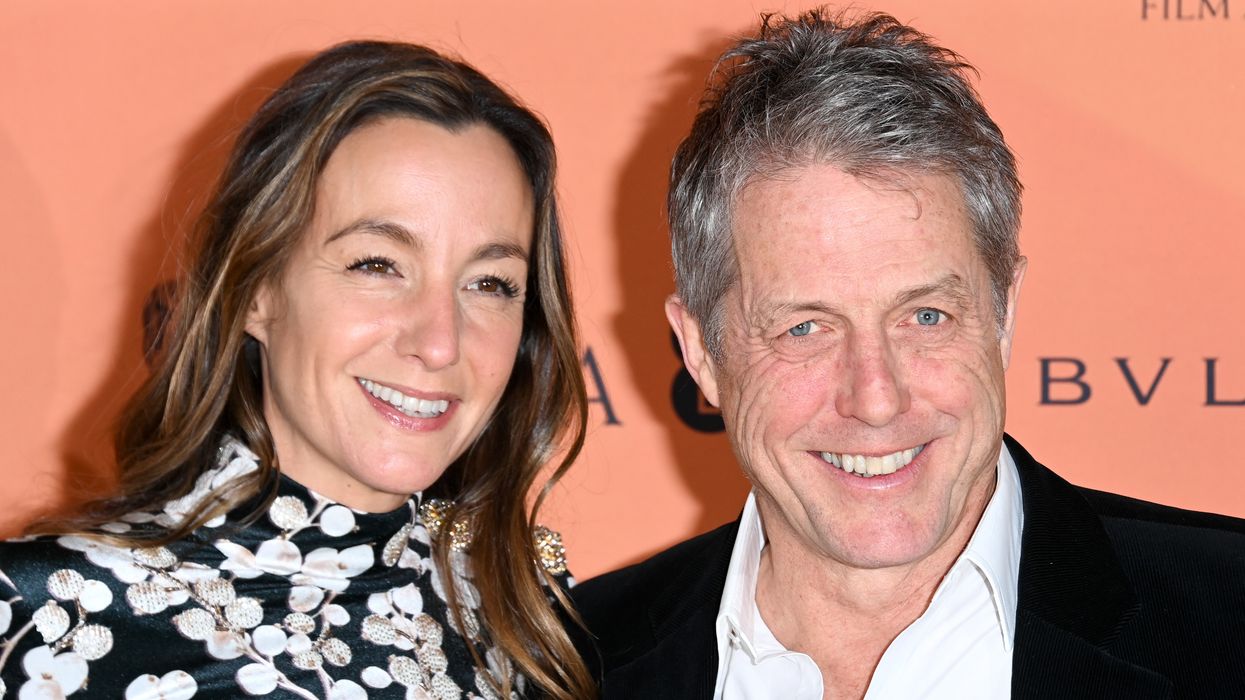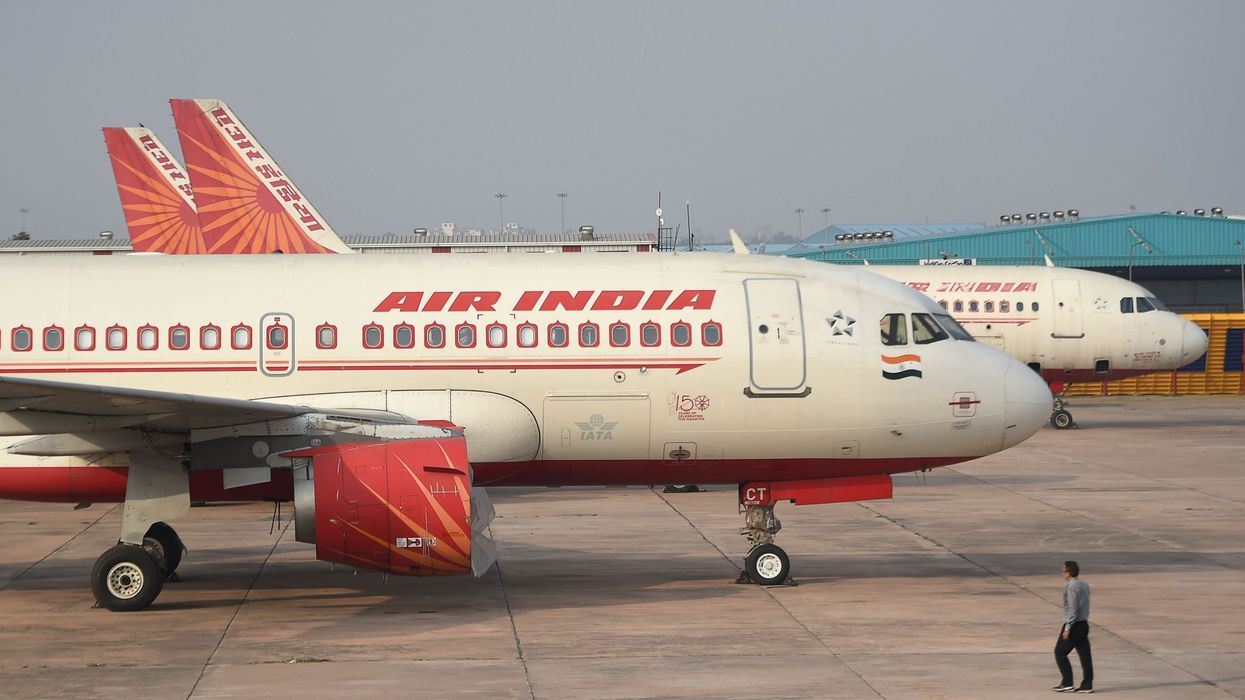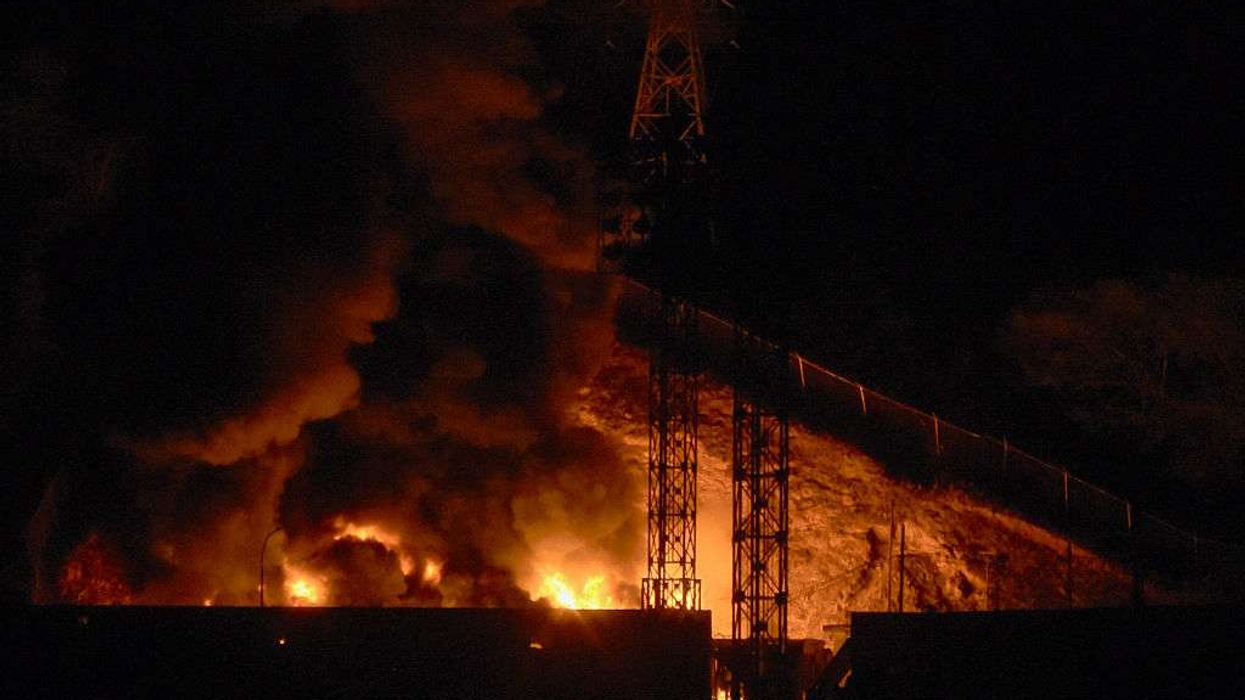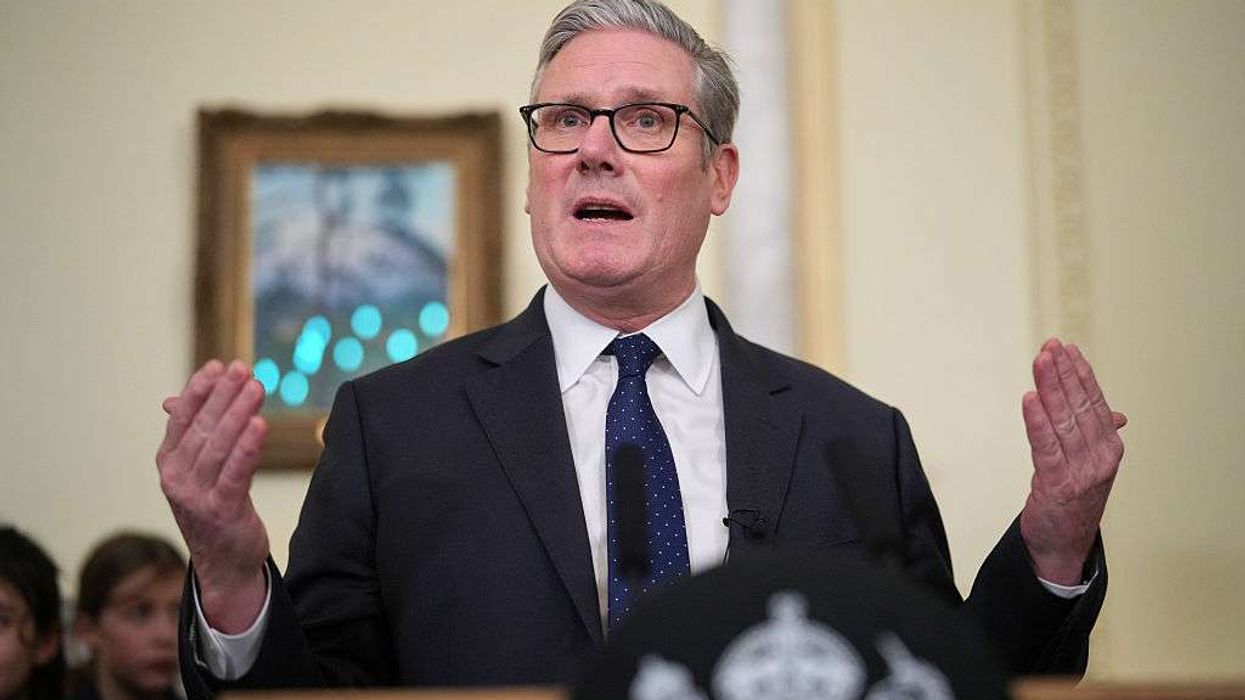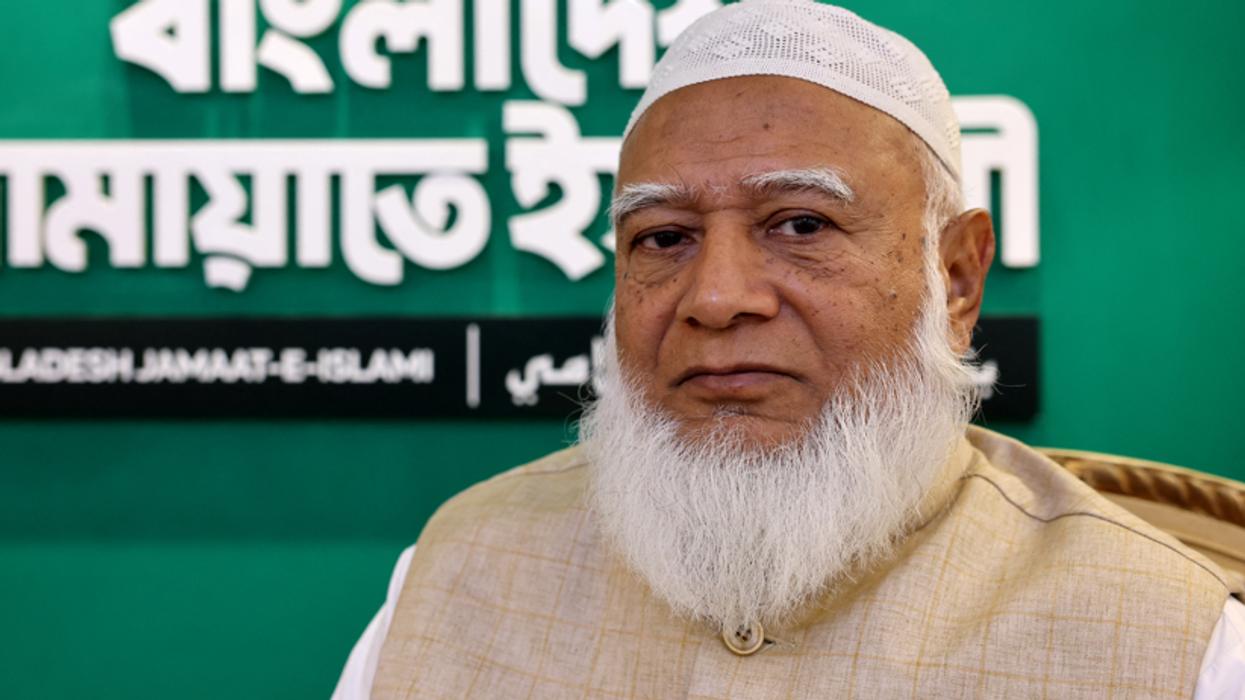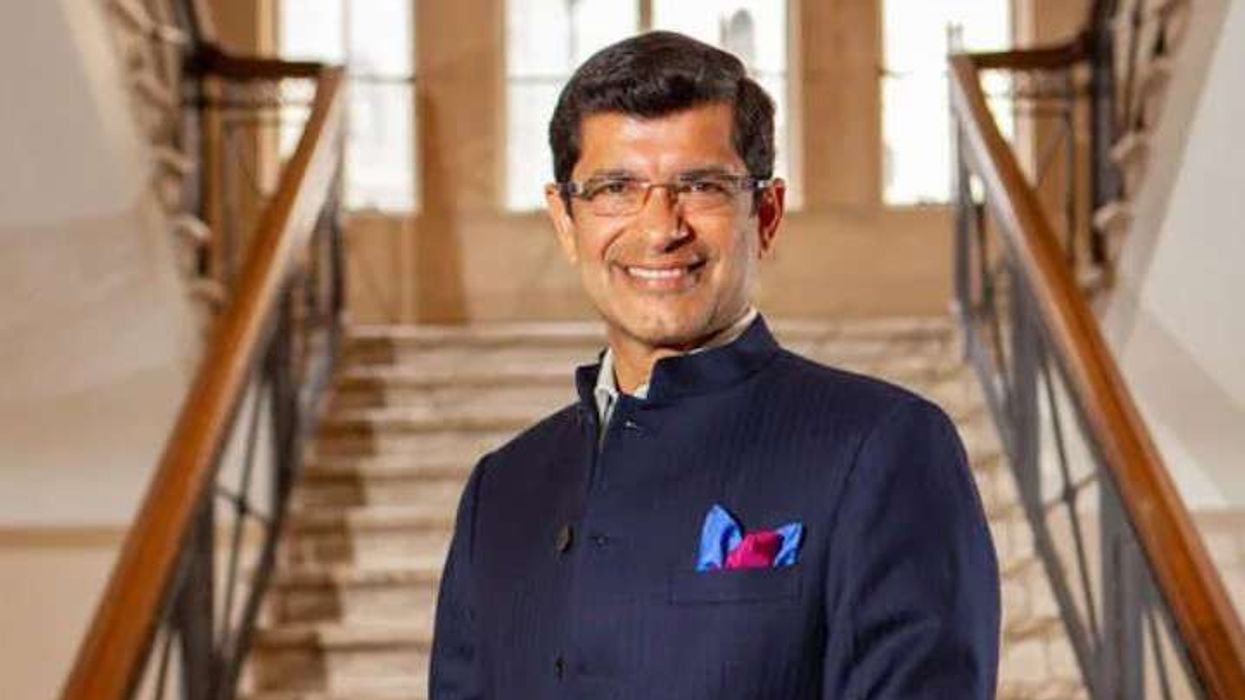British actor Hugh Grant has publicly criticised a Heathrow Airport immigration officer after what he described as an inappropriate encounter involving his children. The incident took place on Friday, 4 April, as Grant travelled through the airport with his wife, Anna Elisabet Eberstein, and three of their children.
Grant, best known for his performances in films such as Notting Hill and Bridget Jones’s Diary, described the experience on X (formerly Twitter). He explained that although all members of his family had the surname “Grant” on their passports, an immigration officer engaged his children in casual conversation before whispering to them, “Are these your Mum and Dad?”
The actor called the incident “intrusive, insulting and creepy”, expressing his disapproval of the manner in which the questioning took place. Grant was travelling with his three younger children, aged 12, nine and seven, whom he shares with Eberstein. He also has two older children, aged 13 and 12, with his former partner Tinglan Hong.
Grant, who is known for keeping his private life away from the spotlight, did not disclose where the family had been travelling to or from.
Immigration officers at Heathrow are not employed by the airport itself but by the UK Home Office as part of the Border Force. Their role includes conducting immigration and customs checks at airports across the country. According to official Home Office guidance, officers "may ask" travellers questions to confirm their relationship to accompanying children, especially if they have different surnames. The guidance specifies that such questioning should be carried out "in a way that is sensitive to the interests of the child and the adult involved."
It is standard procedure for Border Force officers to ensure the safeguarding of children by verifying parental relationships when necessary. However, Grant appeared to take issue not with the need for checks, but with the way in which the officer approached his children during the process.
Grant, who earlier this year received a BAFTA nomination for his role in the 2024 horror film Heretic, rarely comments publicly on his family matters. His remarks have since drawn attention online, with many expressing support for his concerns about the officer's approach.
At the time of writing, the Home Office has not issued a response to Grant’s criticism.
